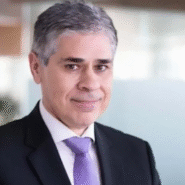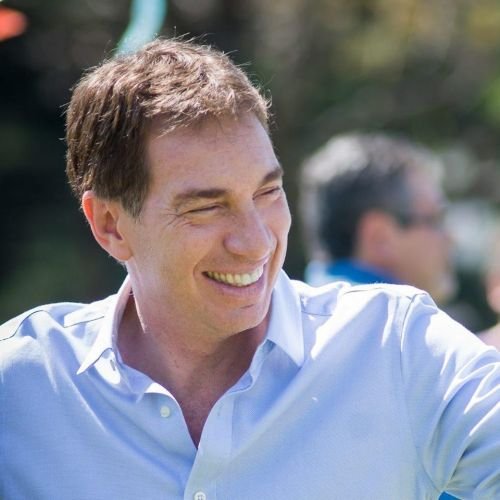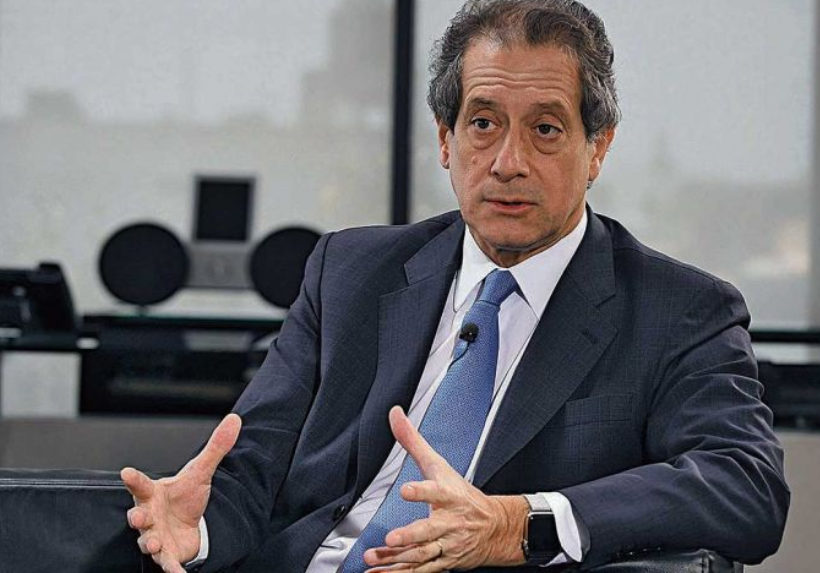Bernard Sanders (born September 8, 1941) is an American politician who has served as the junior United States senator from Vermont since 2007 and as the U.S. Representative for the state’s at-large congressional district from 1991 to 2007. He is the longest-serving independent in U.S. congressional history, although he has a close relationship with the Democratic Party, having caucused with House and Senate Democrats for most of his congressional career. Sanders unsuccessfully sought the Democratic Party’s nomination for President of the United States in 2016 and 2020.
A proponent of social democratic and progressive policies, Sanders is known for his opposition to economic inequality and neoliberalism. On domestic policy, he supports labor rights, single-payer universal healthcare, paid parental leave, tuition-free tertiary education, and an ambitious Green New Deal to create jobs addressing climate change.
In foreign policy, he supports reducing military spending, pursuing greater diplomacy and international cooperation, and placing more emphasis on labor rights and environmental concerns when negotiating international trade agreements. Sanders describes himself as a democratic socialist, supports workplace democracy, and has praised aspects of the Nordic model.
Some commentators have described his policies as aligned with President Franklin D. Roosevelt’s New Deal and left-wing populism. Sanders is credited with influencing a shift to the left in the Democratic Party since his 2016 presidential campaign.
Sanders attended Brooklyn College before graduating from the University of Chicago in 1964. As a student, he was an active protest organizer for the Congress of Racial Equality and the Student Nonviolent Coordinating Committee during the civil rights movement. After settling in Vermont in 1968, he ran unsuccessful third-party political campaigns from the early to mid-1970s.
He was elected mayor of Burlington in 1981 as an independent and was re-elected three times. He won the election for the U.S. House of Representatives in 1990, representing Vermont’s at-large congressional district, and later co-founded the Congressional Progressive Caucus. He served as a U.S. Representative for 16 years before being elected to the U.S. Senate in 2006. Sanders was re-elected to the Senate in 2012 and 2018.
In April 2015, Sanders announced his campaign for the 2016 Democratic nomination for President of the United States. Despite low initial expectations, he won 23 primaries and caucuses and about 43% of pledged delegates to Hillary Clinton’s 55%. His campaign sparked grassroots enthusiasm, rejecting large donations and Super PAC funding, relying primarily on small-dollar contributions.







